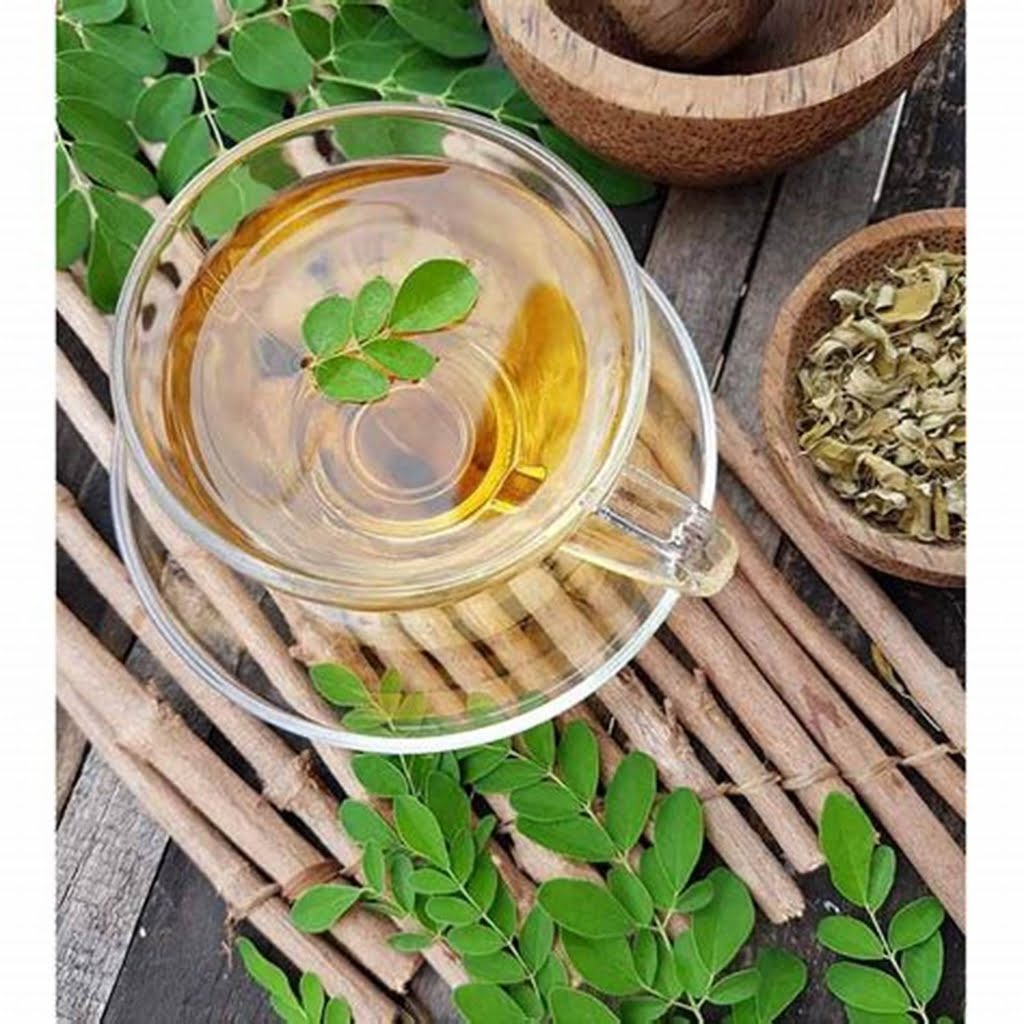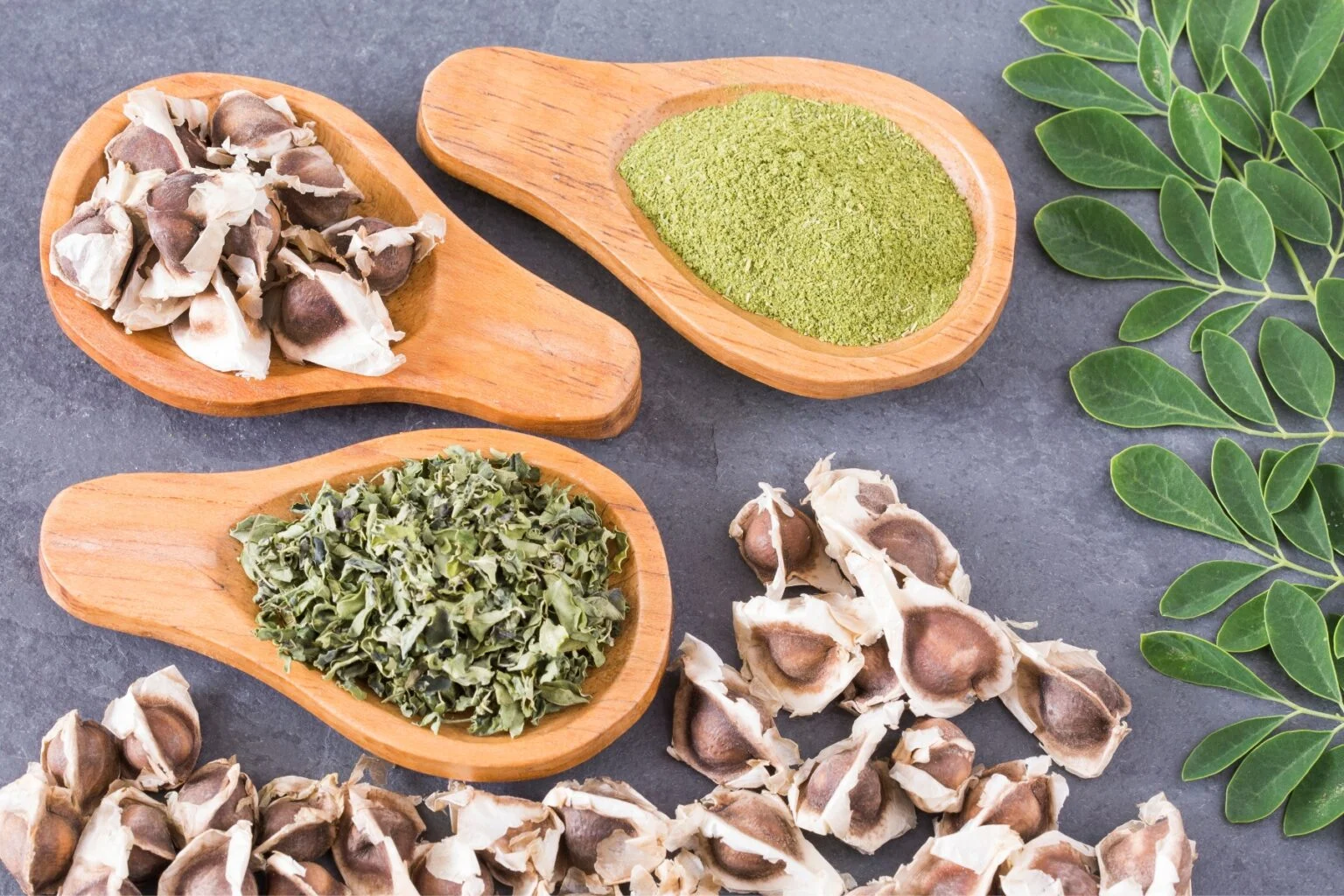Moringa seeds have been treasured for centuries, deeply embedded in the traditions, health practices, and daily lives of various cultures. From Africa to Asia and beyond, these nutrient-rich seeds are more than just an agricultural commodity; they are an essential part of traditional medicine, spiritual rituals, and sustainable farming. Ajigofarms, a global supplier of agro-commodities, delves into the fascinating ethnobotanical journey of moringa seeds and their cultural significance worldwide.
Moringa Seeds in Traditional Medicine
Many cultures have long recognized the medicinal properties of moringa seeds. In India, where Moringa oleifera is native, Ayurvedic medicine has used moringa seeds to treat numerous ailments, from digestive issues to inflammation. The seeds are believed to possess antibacterial and antifungal properties, making them a common remedy for infections and skin conditions.
In African traditional medicine, moringa seeds are widely used as a detoxifying agent. The seeds are crushed and consumed to help cleanse the body of toxins, support kidney function, and regulate blood sugar levels. Some tribes in West Africa also use moringa seed extracts for managing hypertension and malnutrition, valuing its high protein and essential fatty acid content.
Cultural and Spiritual Significance of Moringa Seeds
Beyond their medicinal use, moringa seeds hold spiritual significance in various societies. In many Indian and Sri Lankan households, moringa trees are planted near homes, believed to bring protection and prosperity. Moringa seeds are also used in purification rituals and as offerings in religious ceremonies.
In parts of Africa, moringa seeds play a role in communal rituals and healing ceremonies. Some indigenous groups use moringa-infused water for blessings, purification, and warding off negative energies. In some cases, seeds are strung together and worn as talismans to promote health and longevity.
Moringa Seeds in Agriculture and Sustainability
Moringa seeds contribute to sustainable agricultural practices, particularly in water purification. Several rural communities in Africa and South America use crushed moringa seeds to clarify water, removing impurities and making it safe for consumption. This traditional knowledge is now being incorporated into modern water filtration systems, benefiting underserved populations.
Additionally, moringa seeds are crucial for soil restoration and erosion control. Farmers across the globe cultivate moringa to improve soil fertility and provide livestock feed, reinforcing its role in sustainable farming practices.

Culinary and Cosmetic Uses of Moringa Seeds
Moringa seeds are also valued for their culinary and cosmetic applications. In some parts of Asia, roasted moringa seeds are consumed as a nutritious snack or incorporated into soups and stews. Their slightly bitter, nutty taste makes them a unique addition to various dishes.
Cosmetically, moringa seed oil, often called “Ben oil,” has been used for centuries as a natural moisturizer. Ancient Egyptians utilized moringa oil for skincare and hair nourishment, and today, the beauty industry embraces it for its anti-aging and hydrating properties.
Ajigofarms: Bridging Tradition with Modern Demand
At Ajigofarms, we understand the rich cultural heritage and multifaceted applications of moringa seeds. By sourcing high-quality moringa seeds and ensuring ethical and sustainable harvesting practices, we bring this ancient superfood to customers worldwide. Whether for health, agriculture, or beauty, moringa seeds continue to stand as a testament to their incredible value across cultures and generations.
Moringa seed ethnobotany is a story of resilience, wisdom, and tradition. As modern science continues to uncover its benefits, these seeds remain a bridge between past traditions and future innovations. Explore our premium moringa seeds at Ajigofarms and become part of this global legacy today.




